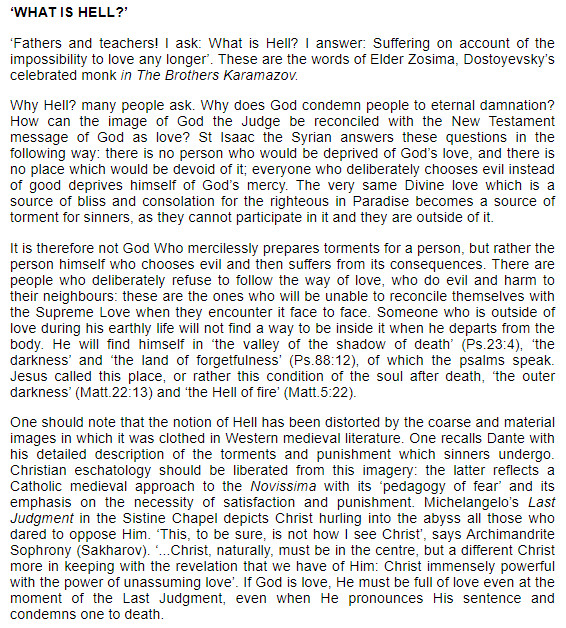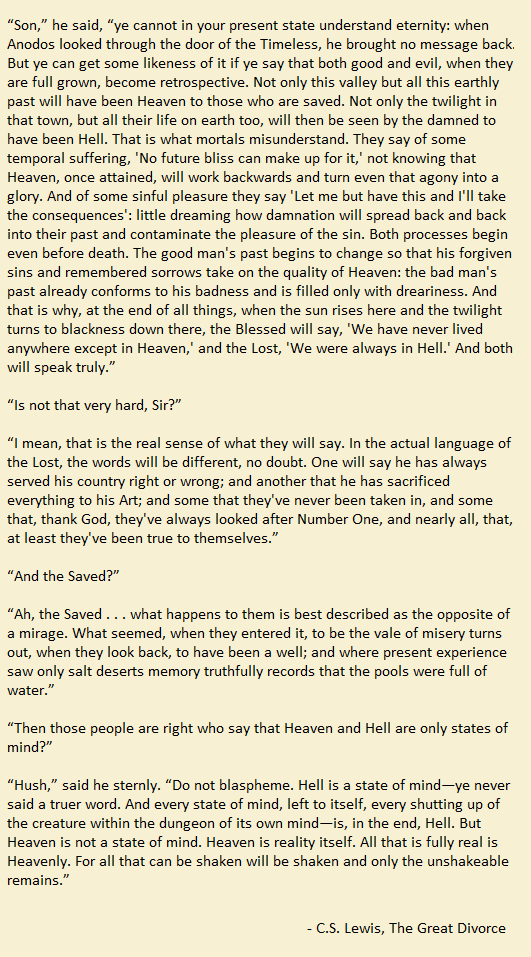Personally, I would say that Islam draw strength from or by...
Ignorance - Islam seem to thrive in any place where ignorance (of Islam) dominates - even amongst the supposed Muslims themselves. It allows the movement to operate more freely, unopposed and unquestioned - while knowledge, insight and scrutiny of the same does not. The "authority-scholars" - the virtual priest-class - seem to reinforce and nurture this general ignorance - as without it, they will be clearly redundant, essentially powerless and Islam itself will be more exposed and threatened. As I understand it, these authority-scholars can essentially claim anything they want back and forth - as long as it presents Islam favourably (somehow). For instance, the late Ayatollah Khomeini produced lots of bizarre statements of this sort (see his "The green little book").
Deception - even the God itself engages in various deceptions of mankind. A good example is the crucifixion of Jesus (Islamic tradition), for instance. The Islamic God is generally presented as cunning (see the Koran). If God can readily deceive (despite being all-powerful), so can clearly his/its agents and servants. Youtube have plenty of clips on this, check it out.
Suppression/oppression - of females, obviously... And also, the fact that Islam have repeatedly and systematically suppressed any kind of deviation, alternative or opposition once it has secured a position of supremacy. World history is rather clear on this. God is to remain unchallenged, unquestioned and obeyed - by the sword, if need be.
Fear - the frequent promise of death and hellfire in the Koran to anyone who don't play ball essentially (see the Koran, all over the place). God is clearly supposed to be feared, enough to force us into submission (as if the message of this God was not good enough to stand on its own...). But, why does an all-powerful eternal God need to be feared and obeyed in the first place? This by insignificant mortal servants like humans? And does not that very circumstance leave a extremely dubious aftertaste? After all, such an entity could just by a snap of its fingers "uncreate" mankind and the problem of constantly keeping tabs of us is solved. But nah, lets go for the paltry junk we got instead...
As for weaknesses in Islam - there are probably too many to list... However some general examples would be...
Inconsistency - see the Koran (all over the place).
Intrusiveness - see your average public manifestation, demonstration, practices and actions of Islamic activists. Everyone must (or is expected to) play ball with Islam - regardless if they like it or not. Its annoying, arrogant and intrusive. Whether it is in India, France, Sweden, Lebanon, Egypt or Ethiopia, makes little difference.
Dishonesty - the Islamic traditions and claims about the Koran are clearly false. The Koran is neither "one and eternal" or contains/displays the "verbatim words of God" - there are ironclad evidence for that (there are multiple Korans, for instance). Yet we are expected to still pretend it is true anyways. That is neither honest, rational or truthful...
Bigotry/intolerance - while this is in no way a unique trait for Islam, it is an obvious one these days. Islamic supremacy will always rely on bigotry sooner or later, much like any other authoritarian movement in history. Mohammed have both (repeatedly) killed and oppressed lots people that did not agree with him, so that is the example he set (this according to the traditional Islamic sources, mind you) - and that has obviously been taken to heart by many of his willing followers.
- A







 Reply With Quote
Reply With Quote




























